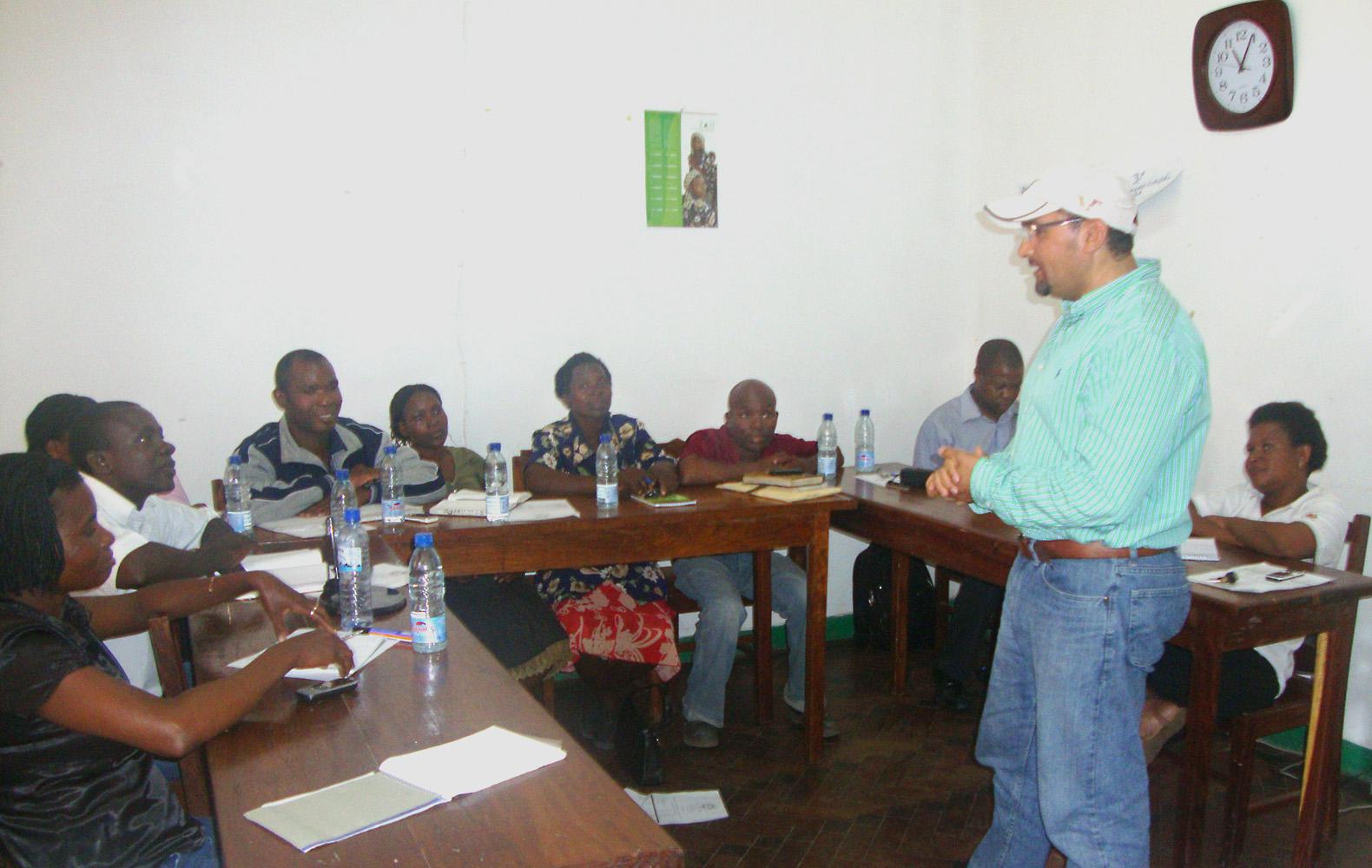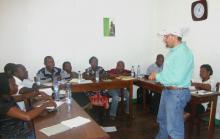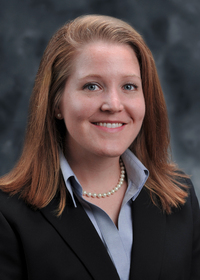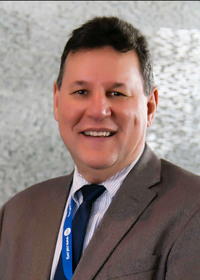Information Possibly Outdated
The information presented on this page was originally released on March 29, 2012. It may not be outdated, but please search our site for more current information. If you plan to quote or reference this information in a publication, please check with the Extension specialist or author before proceeding.
Ag exchange program helps African farmers
BILOXI -- Mozambique’s farmers can now preserve and better market their mango harvest thanks to training provided by a Mississippi State University specialist.
Barakat Mahmoud, an assistant research professor of food safety and microbiology with the Mississippi Agricultural and Forestry Experiment Station, recently spent three weeks in the African country training 13 agriculture agents as part of the U.S. Agency for International Development’s Farmer-to-Farmer program, implemented by CNFA. CNFA is a Washington, D.C.-based not-for-profit organization dedicated to improving economic growth in developing countries by training the private sector.
Mahmoud, who is also part of the MSU Extension Service, taught agents about drying foods, analyzing quality and safety, preserving naturally, and processing juice, jam and jelly.
“Mangos are abundant in the marketplace and bring a very low price,” Mahmoud said. “Farmers in this area of Mozambique lose about 80 percent of their product every year after harvest. They can sell only a small amount of the fresh product before it spoils.”
While in Mozambique, Mahmoud visited two open markets and two of the largest supermarkets in the area. He discovered there were no mango jams, jellies or juices. Only one producer offered a dried mango product, and it was of very low quality.
“Their markets had none of these preserved products that would be very easy and inexpensive for them to produce,” Mahmoud said.
The agents who were trained in these preservation processes will now train an additional 30 agents in the National Association of Rural Extension. The agents will then teach farmers in their local areas the preservation and marketing methods. The plan is to eventually build a processing plant for excess mangos and other agricultural products of the region.
“We want to establish agents who can teach the farmers to produce a marketable product,” Mahmoud said. “The equipment to make jams, jellies, juices and dried fruit is not very expensive.”
Mahmoud’s training also will help farmers in the region who grow maize, cassava, pigeon pea, sorghum, beans and other crops.
“Farmers in developing countries often do not have access to the technical assistance they need,” said Lauren Day, Southern Africa Program Coordinator with CNFA. “Dr. Mahmoud’s technical assistance can help these farmers overcome post-harvest and marketing challenges.”
The partnerships CNFA creates between developing countries and educational organizations such as MSU’s Extension Service benefit all involved.
“Extension has the infrastructure, knowledge and experience to deliver relevant research to developing nations to help them stabilize safe food supplies to eliminate malnutrition, hunger and poverty,” said Patricia Knight, head of MSU’s Coastal Research and Extension Center in Biloxi. “International experiences also can help our faculty better relate to situations in Mississippi.”






